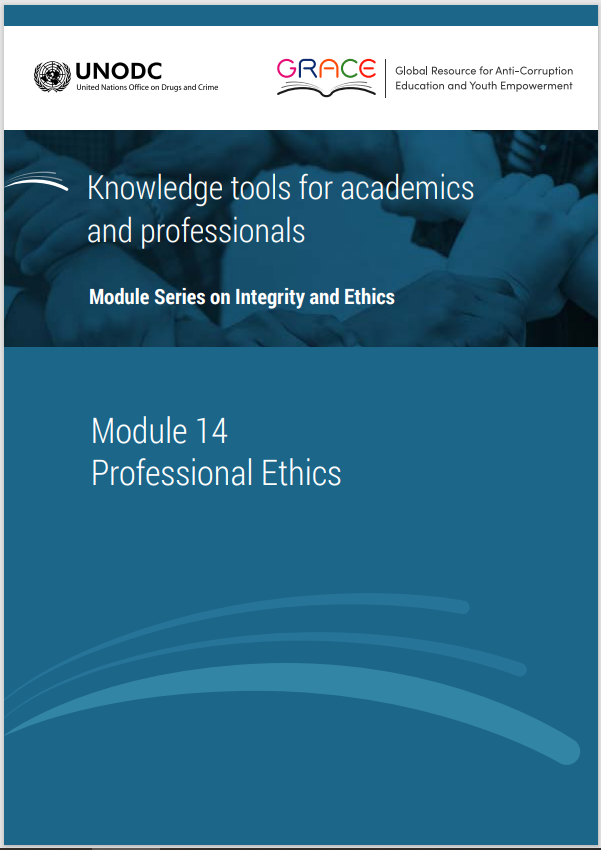This module is a resource for lecturers
C. Additional exercises
Exercise 1
Identify a photograph published in a reputable newspaper of an individual experiencing extreme suffering, such as a victim of war or famine or someone about to jump from a high building in an attempt to commit suicide. Lecturers can provide the photograph or ask students to identify and suggest photographs. Lecturers then assign roles for the students to play, and ask students to express the opinions of the person in those roles regarding the publishing of the photograph, e.g. the victim, parents of the victim, a professional photographer seeking permission from the parents to publish the photograph, a professional photographer dispatched to the scene to take the photograph by the assignment editor, the editor who determines whether or not to publish the photograph, and the editor who decides whether to adjust (crop, photoshop, blur, etc.) all or parts of the photograph. In their roles, students should express role-appropriate views, ethical concerns and priorities, and suggest what they would do and why. From their role's perspective, students can also discuss what other roles should do and why. Lecturers can continue this exercise by choosing a different kind of picture that raises slightly different issues, and then ask students to change roles and answer the same questions in the new roles. Lecturers can also extend this exercise by comparing the ethics of other professions that publish private pictures, such as the medical profession, which publishes pictures of disease and illness but hides the person's identity.
Exercise 2
Lecturers wishing to address engineering ethics and codes of ethics can review " Thinking Like an Engineer", on the explosion of the space shuttle Challenger. For a discussion on the political sensitivity of the investigation into the explosion and the urge to cover it up see Feynman (1988) in the Advanced readings section.
Exercise 3
To spice up class discussion, lecturers might want to compare the ethical reasoning done by students with an online ethical reasoning app from Santa Clara University's Markkula Center for Applied Ethics. Can a list or online ethics tool help or hinder ethical reasoning? Does student reasoning produce results that differ from those of the app, and if so, which result is better?
 Next page
Next page
 Back to top
Back to top
